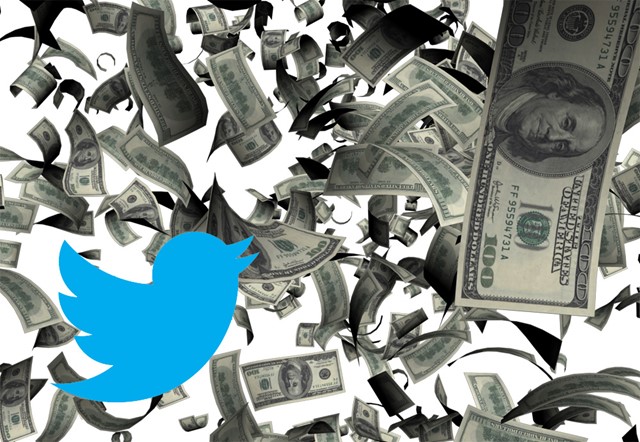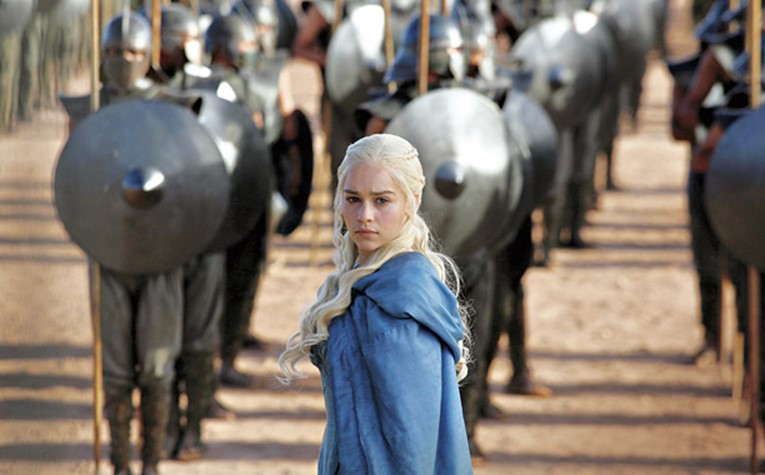Street Performers In Times Square
April 10, 2013 in Daily Bulletin

Walking around New York City’s Times Square it is common to see performers dressed up as famous characters such as Elmo and Batman. They expect a tip if the millions of tourists that flock to Times Square have a picture taken with them. Andrew Grossman took a look at the practice:
- The performers don’t get permission from the license holders of the characters. Sesame workshop, for example, hasn’t authorized anybody to walk around in an Elmo costume collecting tips.
- However dressing up in a costume is an activity protected by America’s First Amendment – Halloween would be far less interesting if it weren’t.
- The number of performers – and the range of characters they dress up as – is growing. Today there are around 50 in Times Square and soon there could be more than 100.
- Elmo is the most popular character. There are 8 of them roaming around Times Square.
- A performer can expect to make up to $200 per day.
Read more about the growing nuisance the performers have become, which superhero is the most popular, and more over here.
Source: The Wall Street Journal

















Join the Discussion! (No Signup Required)